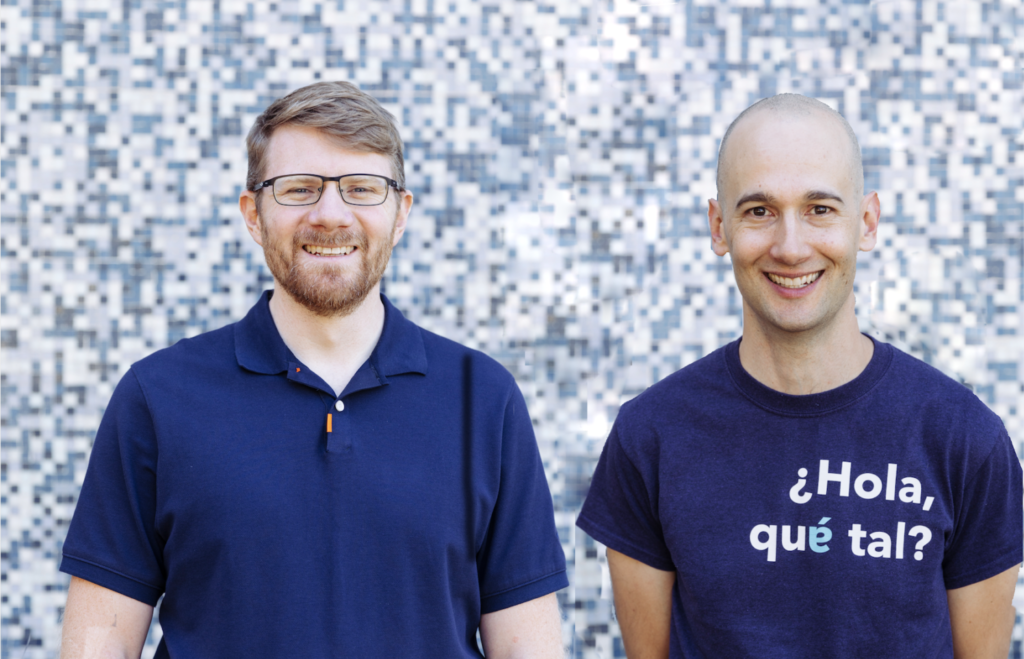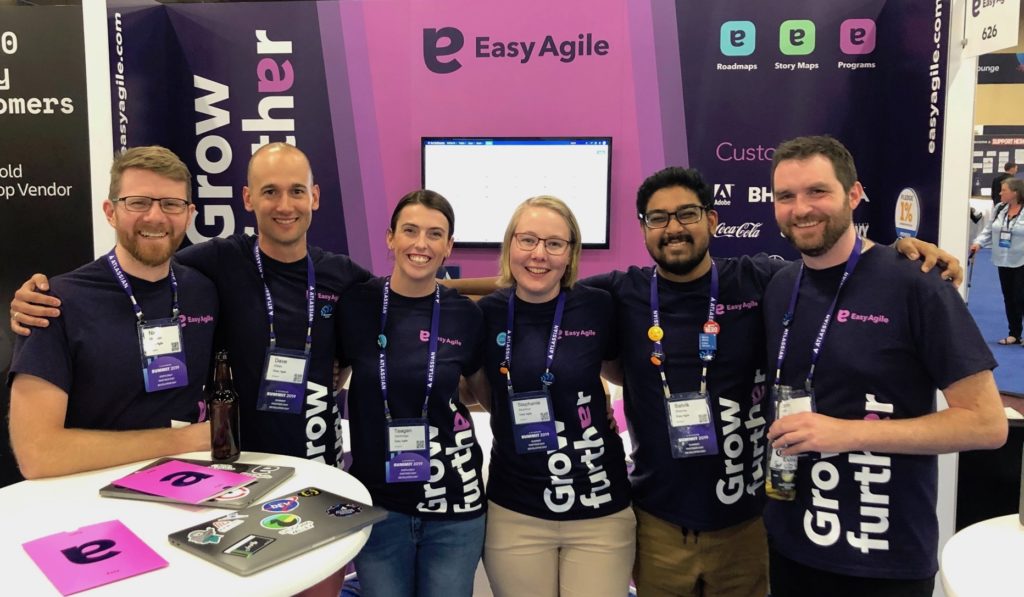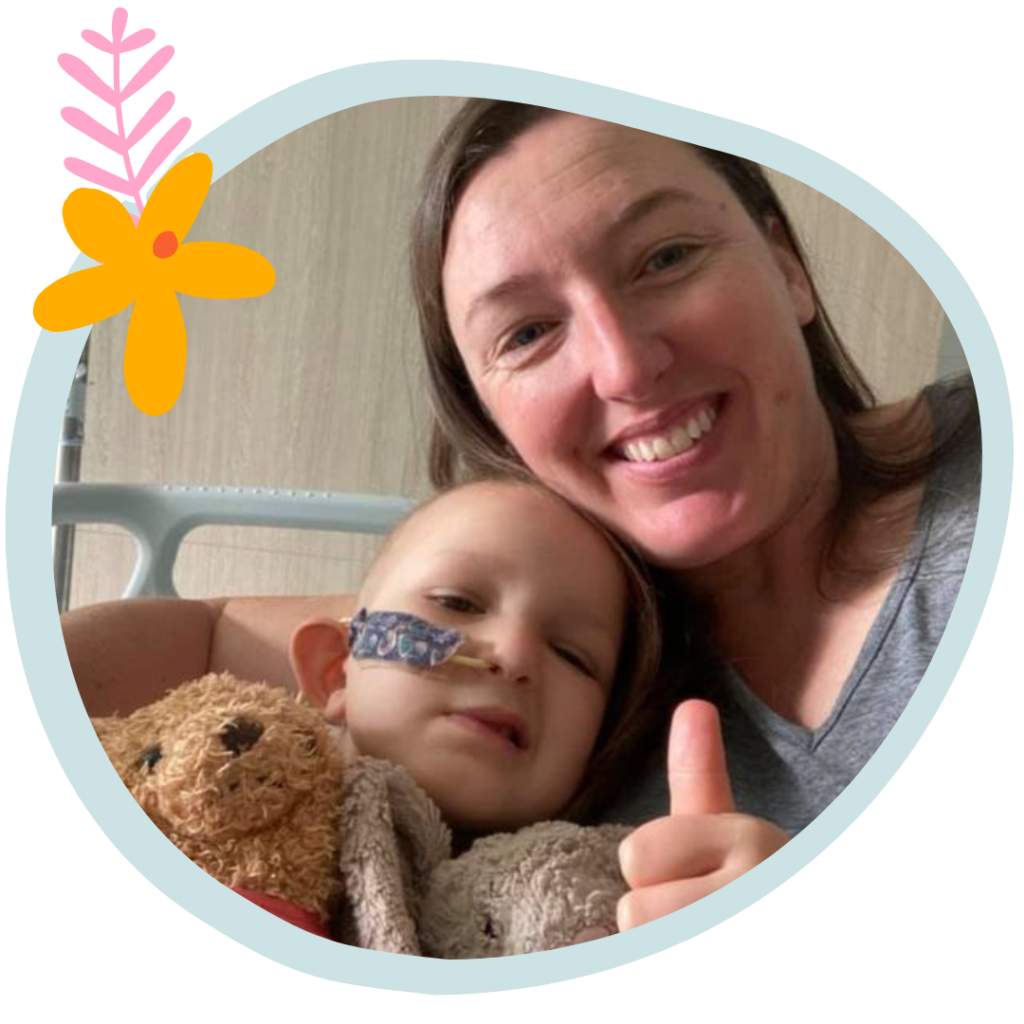At Interactive Accounting, we have the privilege of working with a diverse range of clients – many of whom are looking to change the world or disrupt their own industry niche through the products they build or the services they provide.
Our Client Spotlight features one of our amazing clients sharing their stories of success and the learnings they’ve picked up on their journey along the way.
For this month’s Client Spotlight, we caught up with the founders of Easy Agile – Nick Muldoon and Dave Elkan, to talk about their bootstrapped startup journey, what it’s like to be apart of the burgeoning tech community in regional NSW and their tips for self-funding a successful SaaS business.


Please tell us about what Easy Agile does, and how you got started?
Easy Agile believes there’s a better way to work. We’re a software company based in Wollongong that is focused on helping thousands of software development teams around the globe deliver value to their customers more effectively.
Dave and I worked for Australian software company Atlassian in Sydney and then in San Francisco. After a few years abroad and looking to return to Australia with young families, we decided that a sea-change to Wollongong and the challenge of learning how to create and grow our own software company would be the next opportunity to pursue.
Tell us about some of the products you build? Why did you choose the Atlassian Marketplace for launching your products?
Nick: We have four solutions designed for helping agile software teams collaborate and deliver value to their customers more effectively. Our products sit on top of Atlassian Jira, which is a space Dave and I know very well as we were, respectively, engineer and product manager for Atlassian’s Jira.
Choosing the Atlassian Marketplace means we’re amongst great company – we get to hang out with our mates from the Atlassian days and meet our wonderful customers at the annual Atlassian Summit events in the US and Europe.
It also meant that our learning curve wasn’t as steep as if we struck out on our own, and so we increased our chances of success.
In less than 4 years, Easy Agile has become a highly profitable international business with over 2000 customers including Twitter and Netflix. Your team has grown from 2 to 15 members and as a recognised Atlassian Platinum vendor, you’ve just reached a big milestone- achieving your first month of $1million+ in sales revenue.
What are some of the factors that have contributed to your growth and success?
One of the best decisions we made early on was to charge a fair and reasonable price for our products, one that enabled us to reinvest and grow our business and continue to enhance our offerings and customer service.
Having an accounting partner that understands SaaS and tech businesses has been really valuable for helping us to understand baselines and common metrics, plus wrap our heads around accelerated company growth and the needs that come with that.
We understand a major contributor to our ongoing success is our team, and so employee learning and development is a continued focus. Having a team capable of responding to the latest market trends and reinforcing those trends through our products will be a key to our sustainable and profitable growth.
There’s a belief that seeking VC funding is required as a precursor to success in many startups.
Why did you decide to take a different route and self-fund instead?
Having lived in the tech bubble of San Francisco and having had mates take on VC funding, we were aware of the negative distortions that can sometimes place on a company. We wanted to avoid the distraction of raising money from investors and focus on raising revenue from customers to grow our business.
The bootstrapping approach has enabled us to remain in control of our destiny and ensure we’re finding the right path forward for our customers collectively, growing organically instead of trying to force growth.
Another large guide post for this was the Atlassian experience. Mike Cannon-Brookes and Scott Farquhar only decided to take money off the table in 2009, once Atlassian had already established itself as a sizeable and profitable company. The higher valuation allowed them to bring on an equity partner that could help them to scale, not just provide dollars.
What are some of the advantages and challenges of self-funding?
Retaining control is certainly a win, yet the flip side is that you’re working at your own pace and don’t have anyone really pushing or challenging you to drive growth faster. Bringing on a business coach and leveraging outsiders to provide perspective on our strategy has given us the balance that we may not have otherwise had.
These days the main opportunity is for us to effectively scale as company leaders and ensure the team is scaling as we grow so we can continue to support our customers effectively for years to come.
How has working with Interactive Accounting helped your business?
Having an accounting partner that really understands tech businesses and building KPIs around SaaS metrics has been invaluable.
As we’ve grown, Interactive Accounting has become even more embedded within our team as the emerging finance function of the business.
One of our values is ‘Punch above our weight’ meaning we want to get our team focused on the really big opportunities and not get stuck in the weeds.
It has also pushed us to look at how we can improve Easy Agile’s operational effectiveness, and use automation to minimise the manual data entry so that James from the Interactive team can help us to drill down and really uncover the valuable insights into our business.
Most importantly, having a team we trust and can call on for advice every step of the way has been fantastic, regardless of how big or small the question.
Whether it’s having Gareth explain to us the difference between Realised/Unrealised Currency Gain/Loss – to more critical things like getting help with long term cash flow forecasting factoring in things like dividends, office fit-out and events, or forecasting for our headcount growth over the next few years and modelling that alongside revenue.
Regional areas in Australia are receiving a lot more attention and investment from local and State Governments to implement programs to cultivate startup communities and drive business/tech innovation in the region. Why did you choose Wollongong as your base and what impact has that had on your business?
We chose Wollongong out of a desire to have a balanced lifestyle. We didn’t want to get caught up in the commute, and instead wanted to spend that time in our community. Riding to and from the office is a 20 minute bicycle trip, which means we’ve got more time for our families at the start and end of the day.
In terms of the staff acquisition and setup costs for our business, we’ve really benefited from the fact that our rent is around half of what we would pay for a comparable office space in Sydney and we’ve elected to use that margin to reinvest in our team by offering our staff an annual learning and development budget of $5000 per person.
It’s also given us the opportunity to be more competitive when we go after talent as we’re able to offer higher salaries than other local companies.
Plus, being able to kickstart the Siligong Valley community and see that flourish to over 1,000 members has been fantastic – we can see the impact we’re having by basing our company here.
Can you tell us more about “Siligong Valley”? What is it and how did it come about?
As both Dave and I hadn’t lived in Wollongong before and didn’t know anyone locally, we set out to find something akin to the meet-up community in Sydney and San Francisco. Not finding anything, we turned to our early peers in the tech scene – Nathan Harper from Beer Mogul Games and Steven Noble – and got the first meet-up going.
Today we have meet-ups for Infrastructure as Code, Marketing, Product Management, Javascript, Facebook Ad Buyers, Python and more. There are these emerging sub-communities that revolve around Siligong Valley and we’re working to get everyone locally involved in the tech space included in the community.
Ultimately, Wollongong City Council has a goal of 10,000 tech jobs in Wollongong by 2030, so we all need to pull together to make that happen.
What are your top three tips for other Founders considering the self-funding route?
Build a great advisory team to provide perspective, challenge your ideas, and motivate you on your self-funded journey.
Be disciplined with your time as money will be the oxygen you need to survive and thrive on over the coming years. Don’t waste time on stuff that is of marginal value, so go big.
“Don’t follow garden paths,” as Dave likes to say. We need to focus on the biggest benefit for the largest number of clients. Delivering bespoke solutions is not a path to scaling.
What have you loved about your startup journey so far and what’s up next for Easy Agile in 2020?
My goodness. There have been tough times and a lot of fun times too. We wouldn’t trade it for another experience knowing where we are four years in.
What I love most is being able to share cool experiences with our team during their (short) time with us – like flying them to the US or Europe to attend the Atlassian Summit to be face to face with customers, or just celebrating wins by going out for team lunches at local fine dining restaurants namely Caveau, Babyface Kitchen, Debutant or Ruby’s. That is totally wild.
For Dave and I as founders, we’re really enjoying the continuous learning and it’s really rewarding to watch our team develop and step up into more responsibility.
As for what’s next…we’re pulling together as a team to chase down a big hairy audacious goal of 10,000,000 monthly active teams using our solutions by 2030!
Want to learn more about Easy Agile?
Visit the Easy Agile website and subscribe to their blog for tips on how to find a better way to work. Or connect with them on Facebook | Twitter | Linkedin.
Services we provide:
-
Basics+ Accounting Package
-
Quarterly Advisory Meetings
-
Bookkeeping and Payroll
-
Monthly IAS & Payroll Tax lodgement






